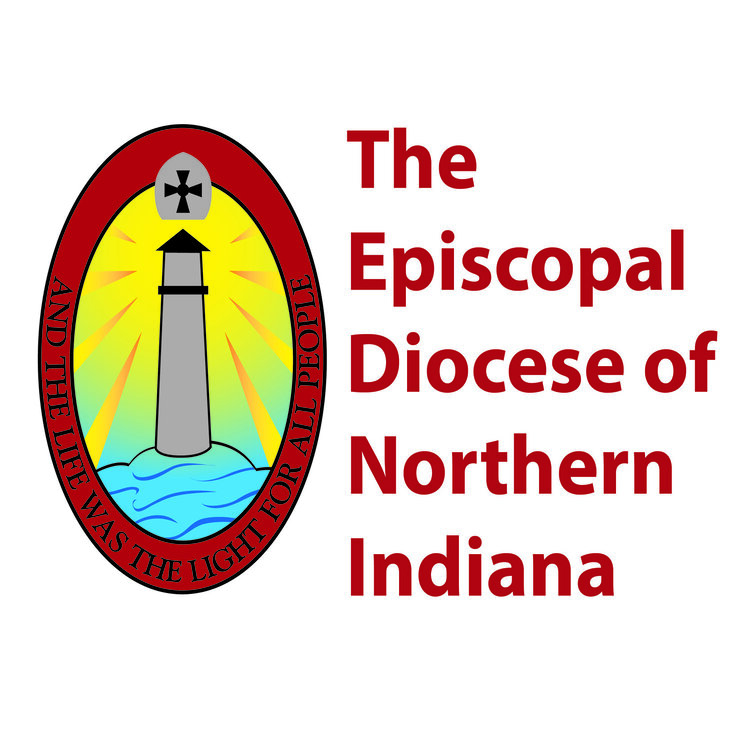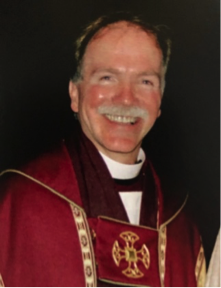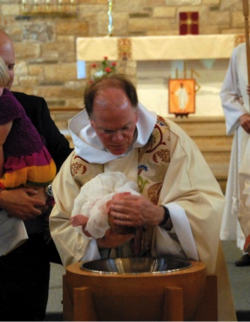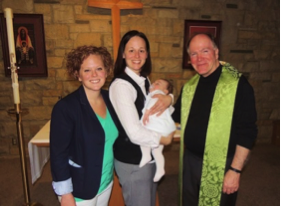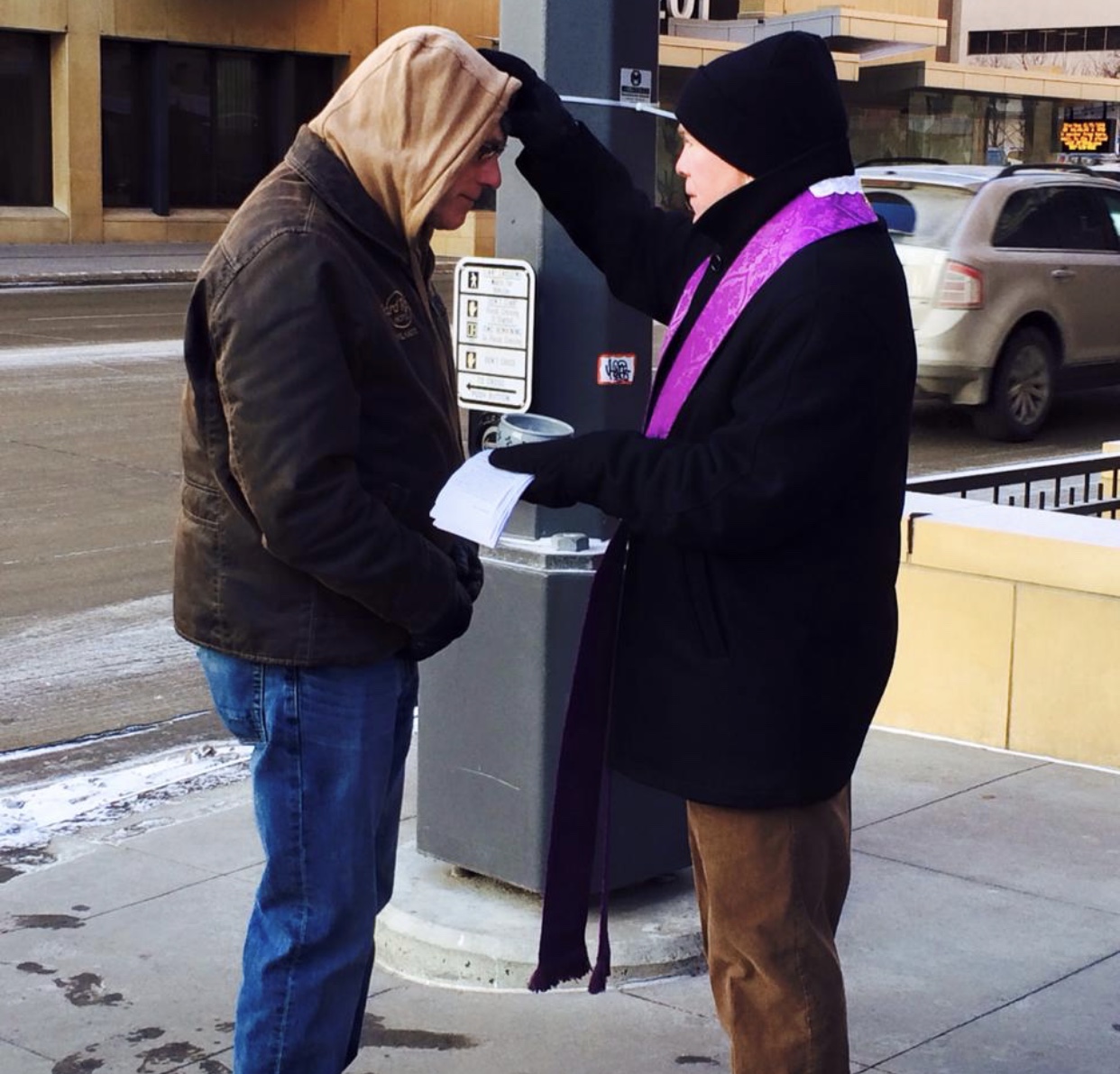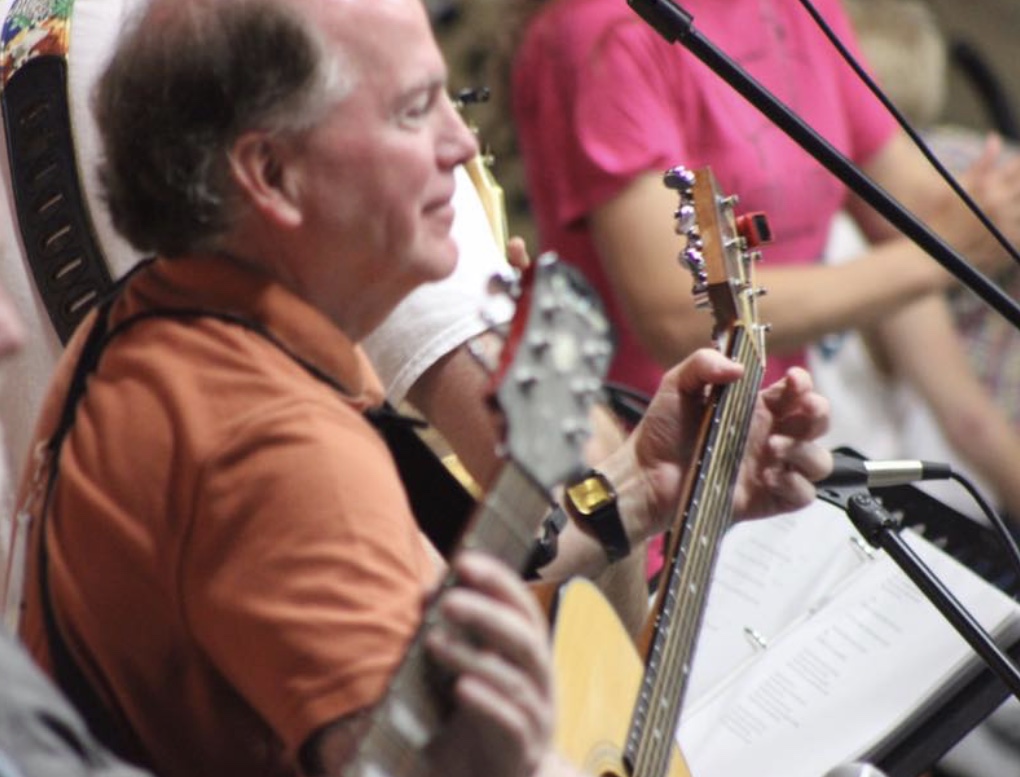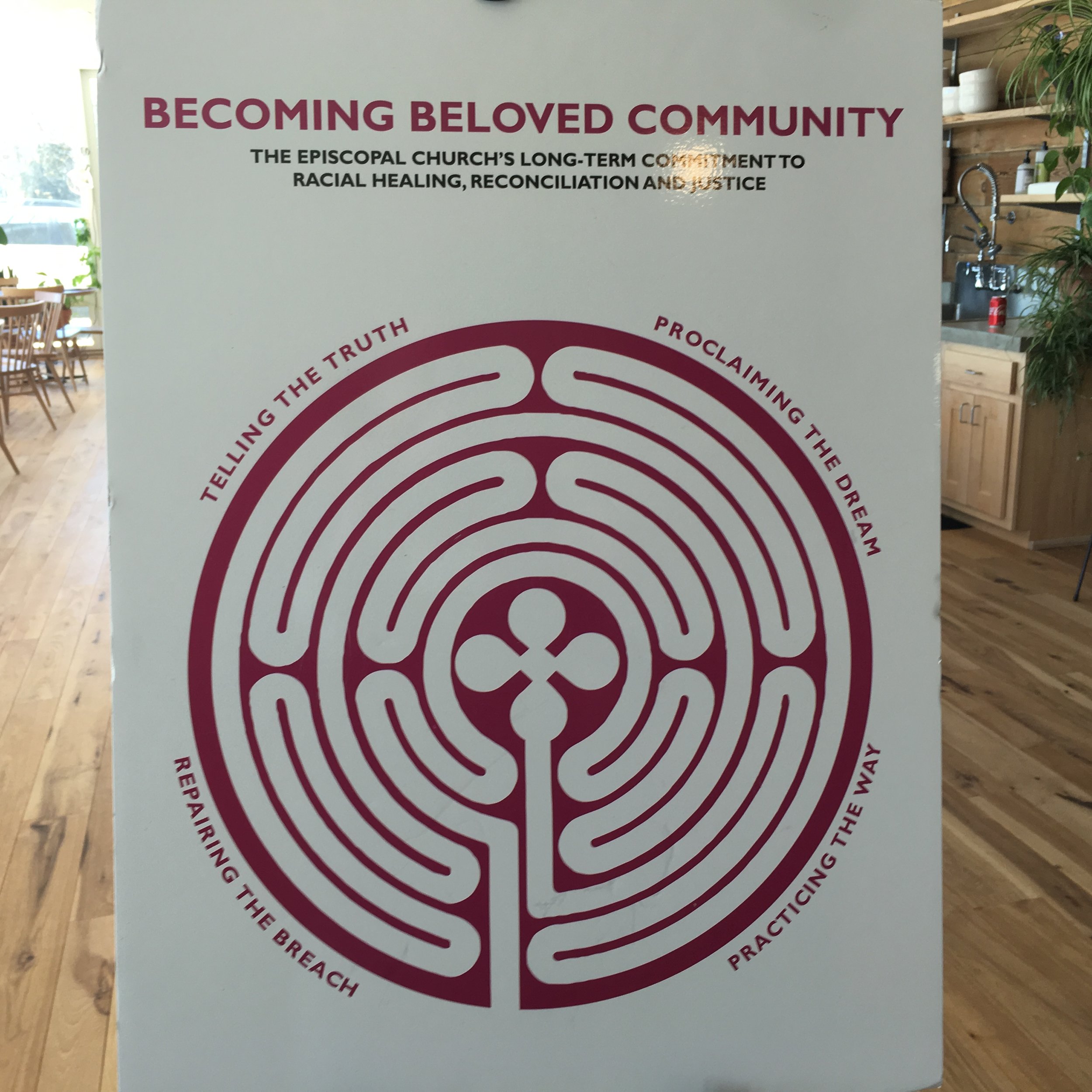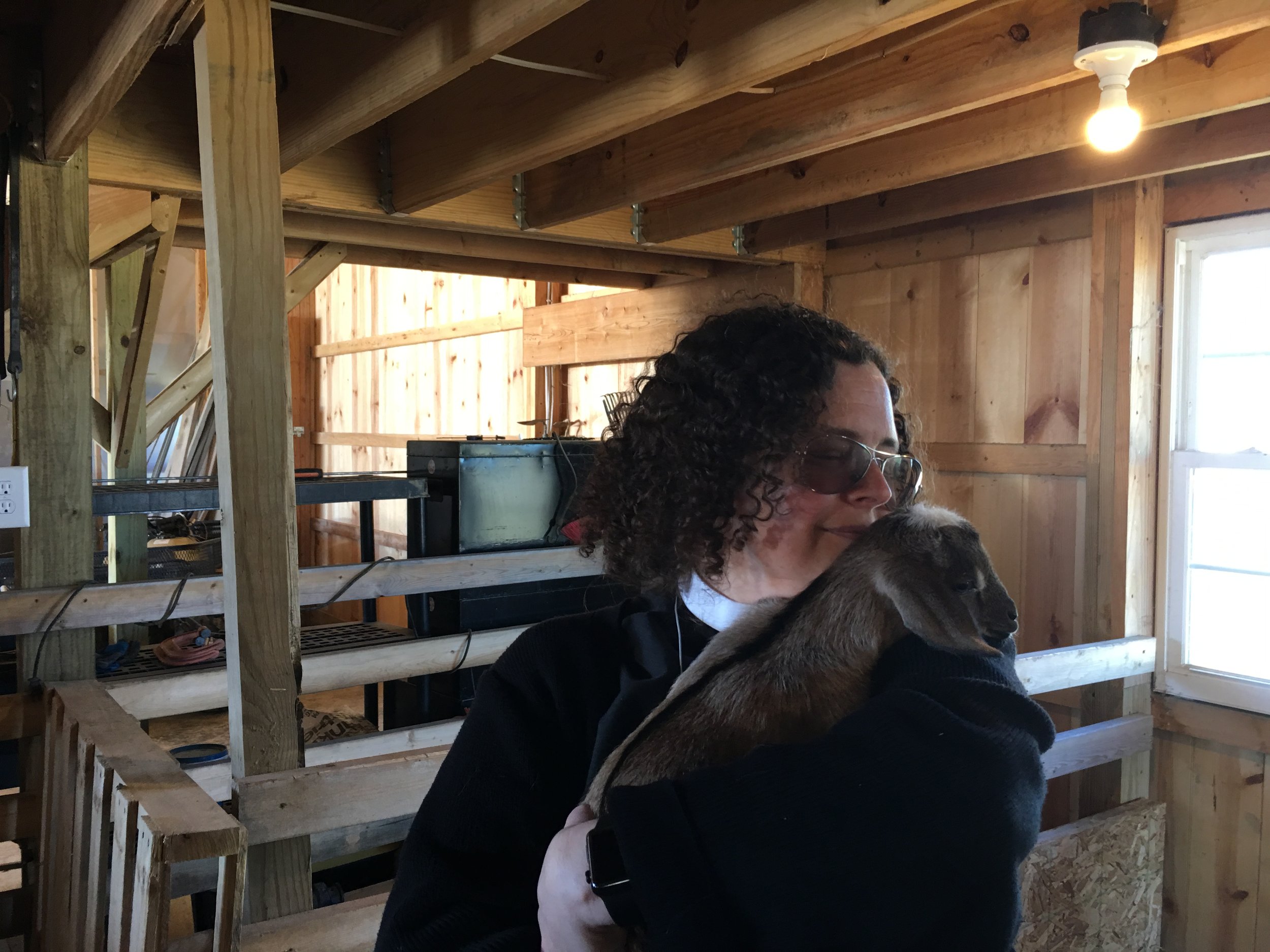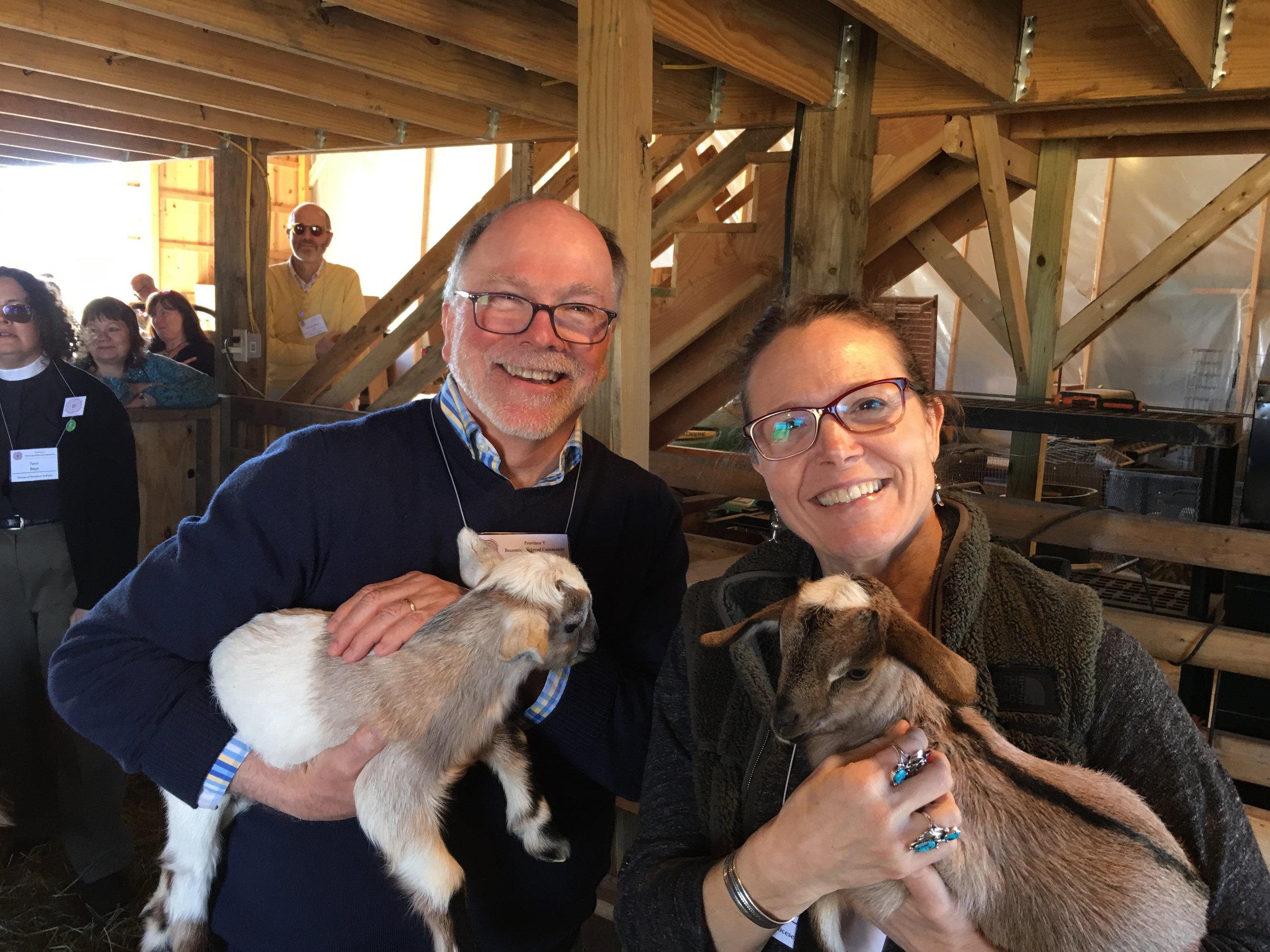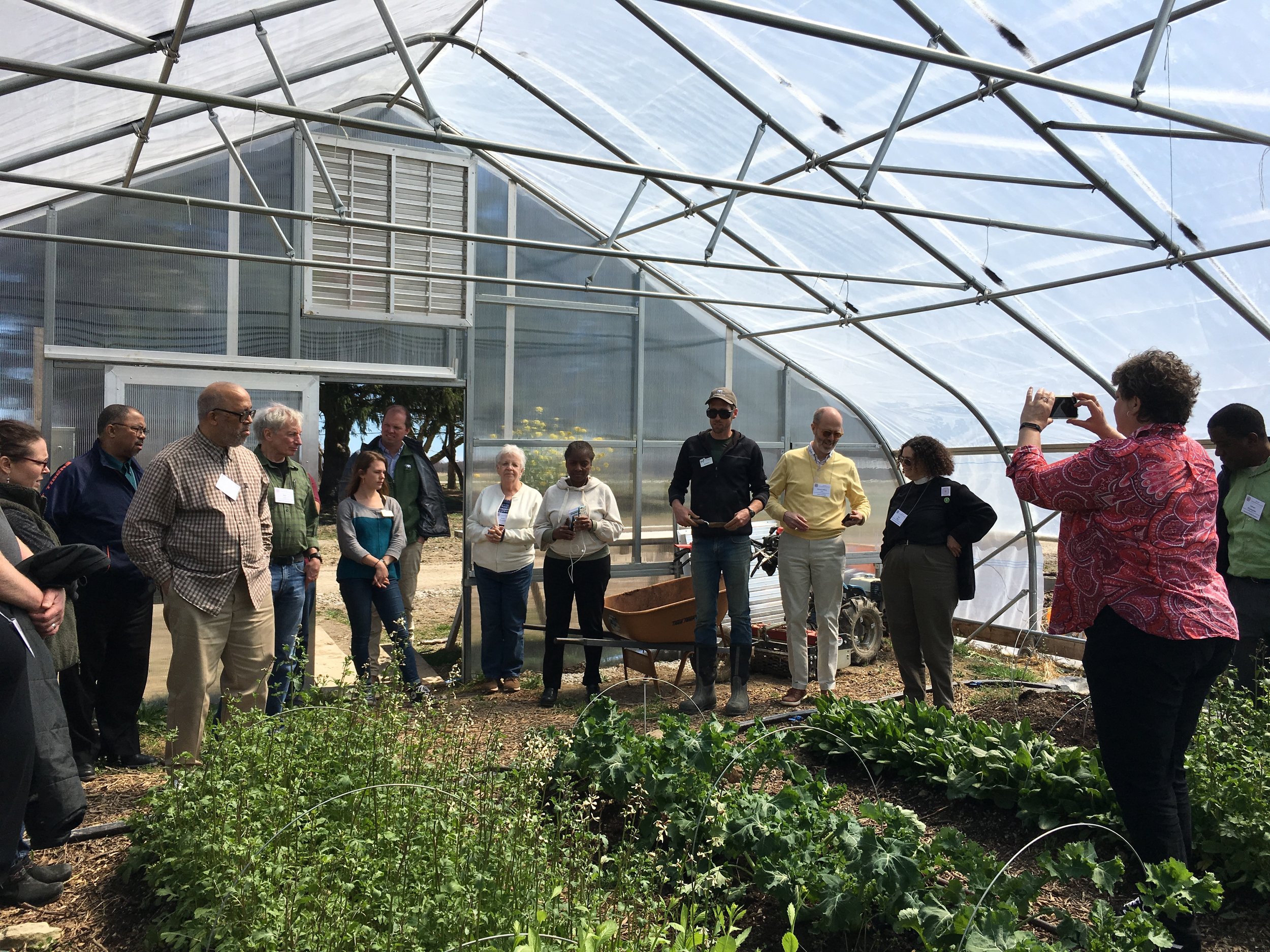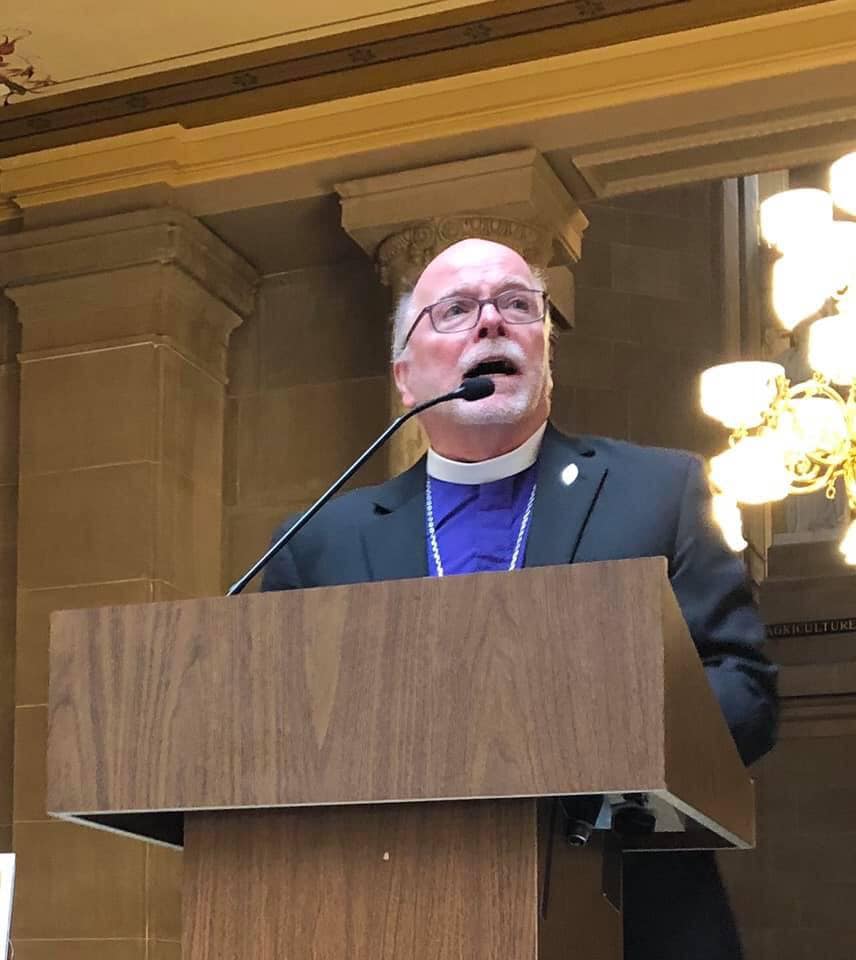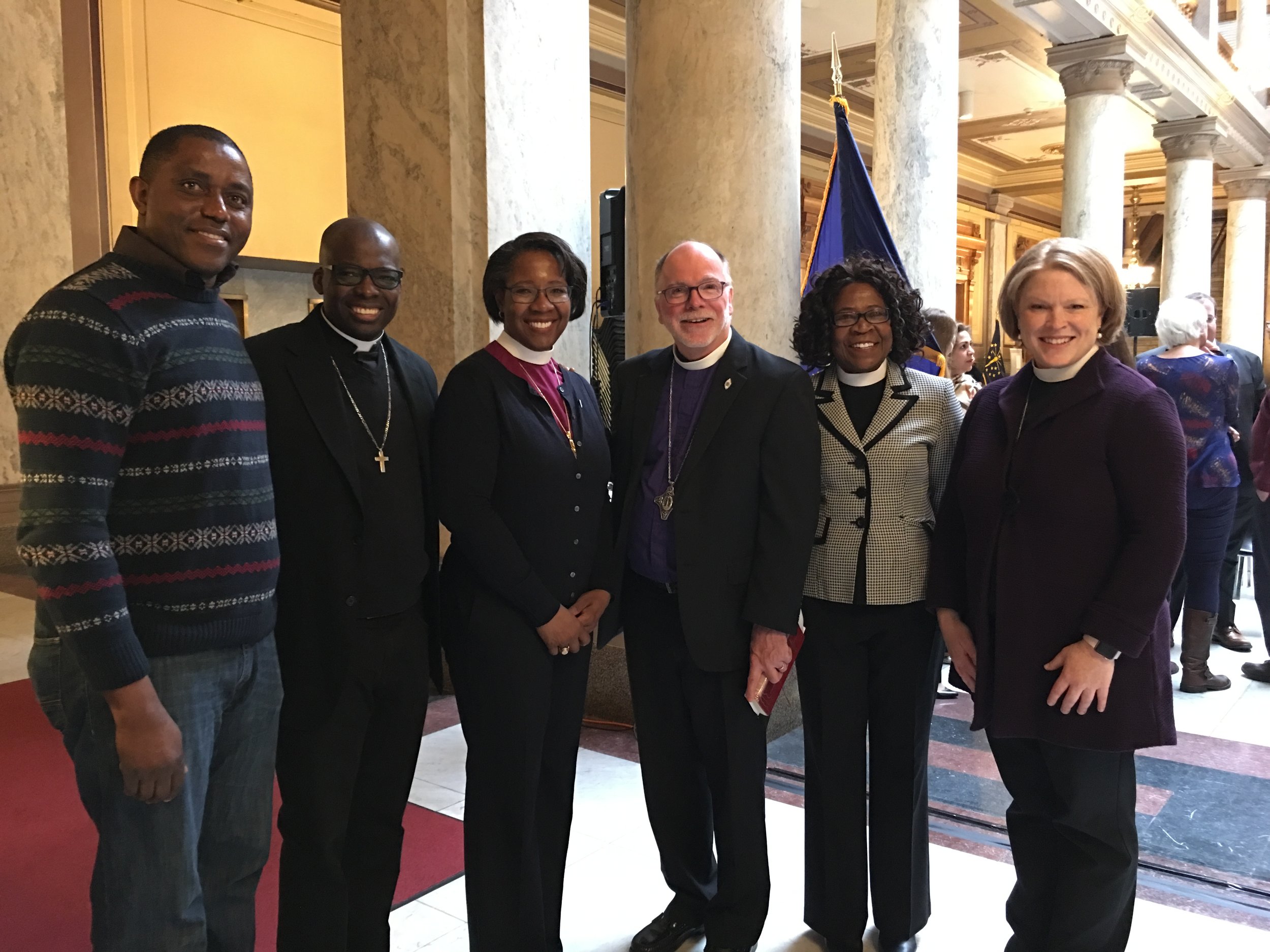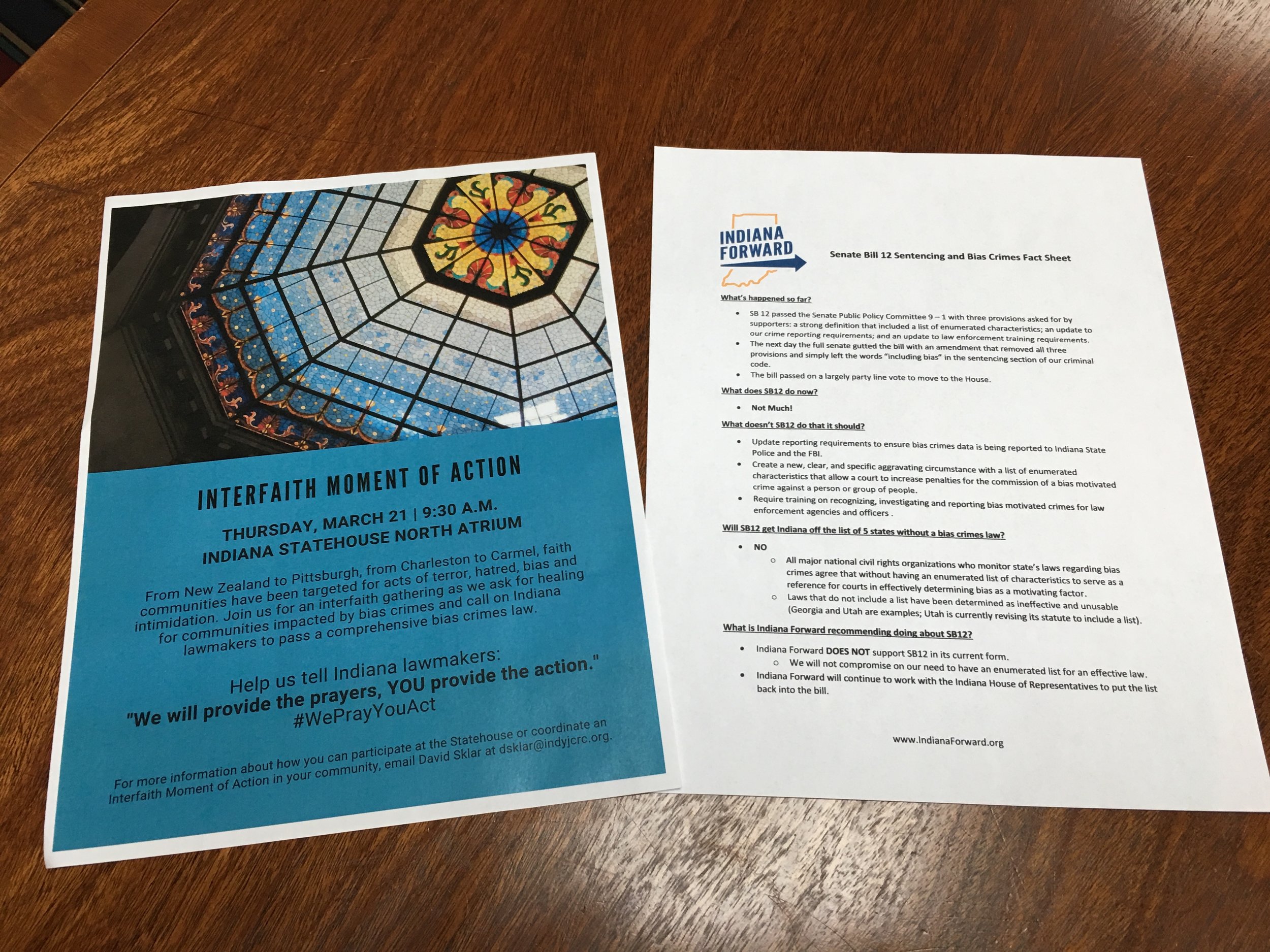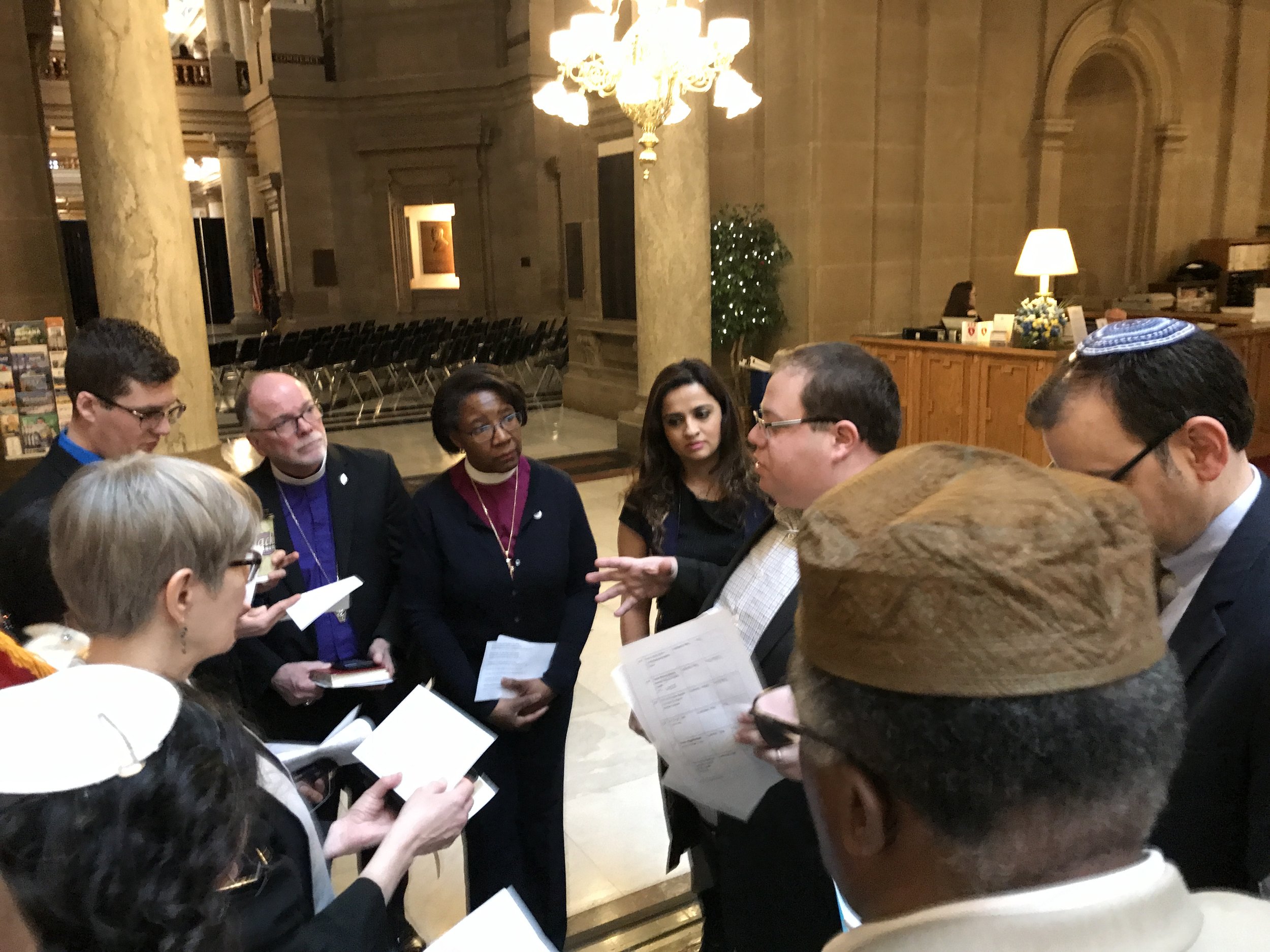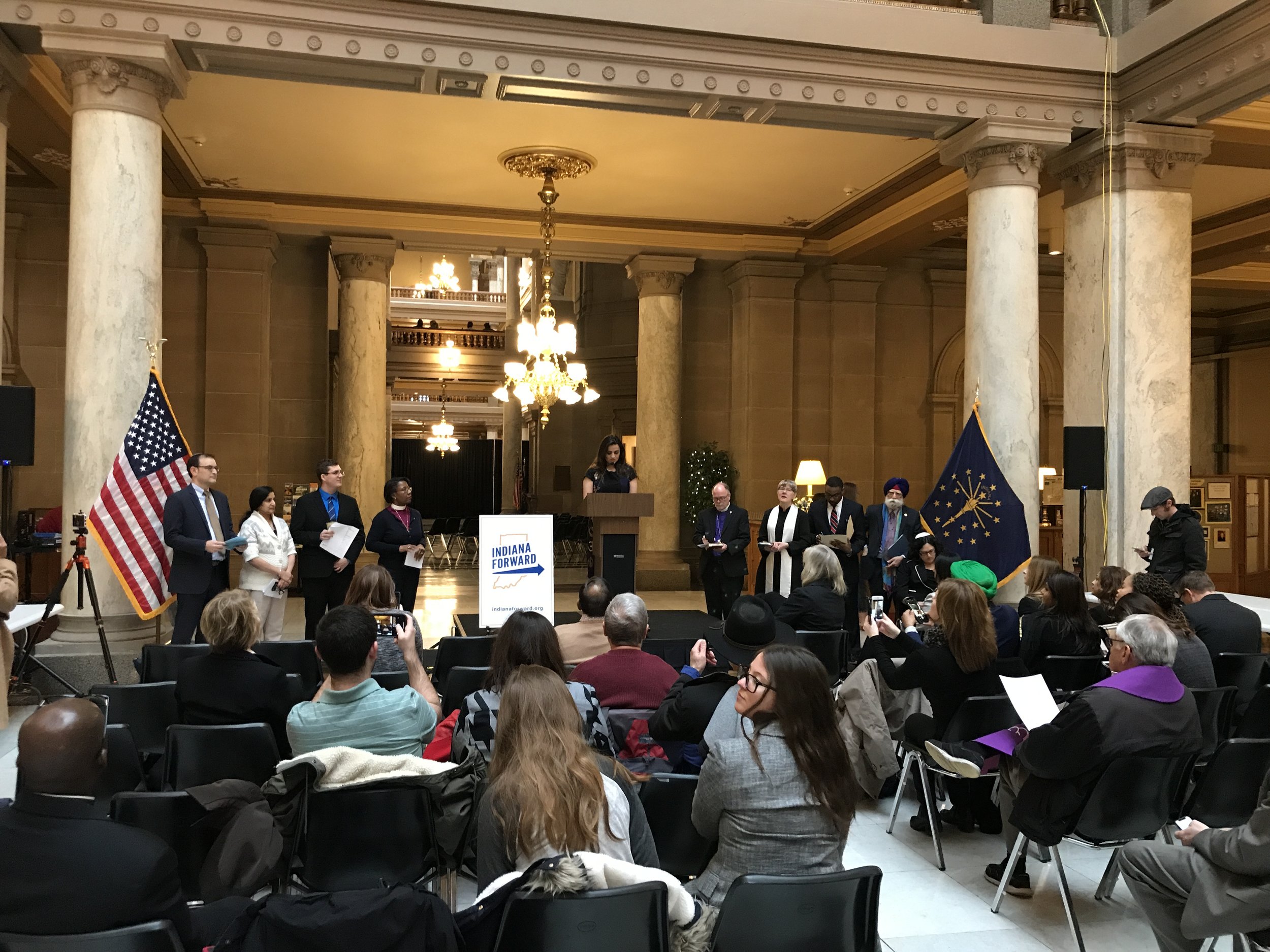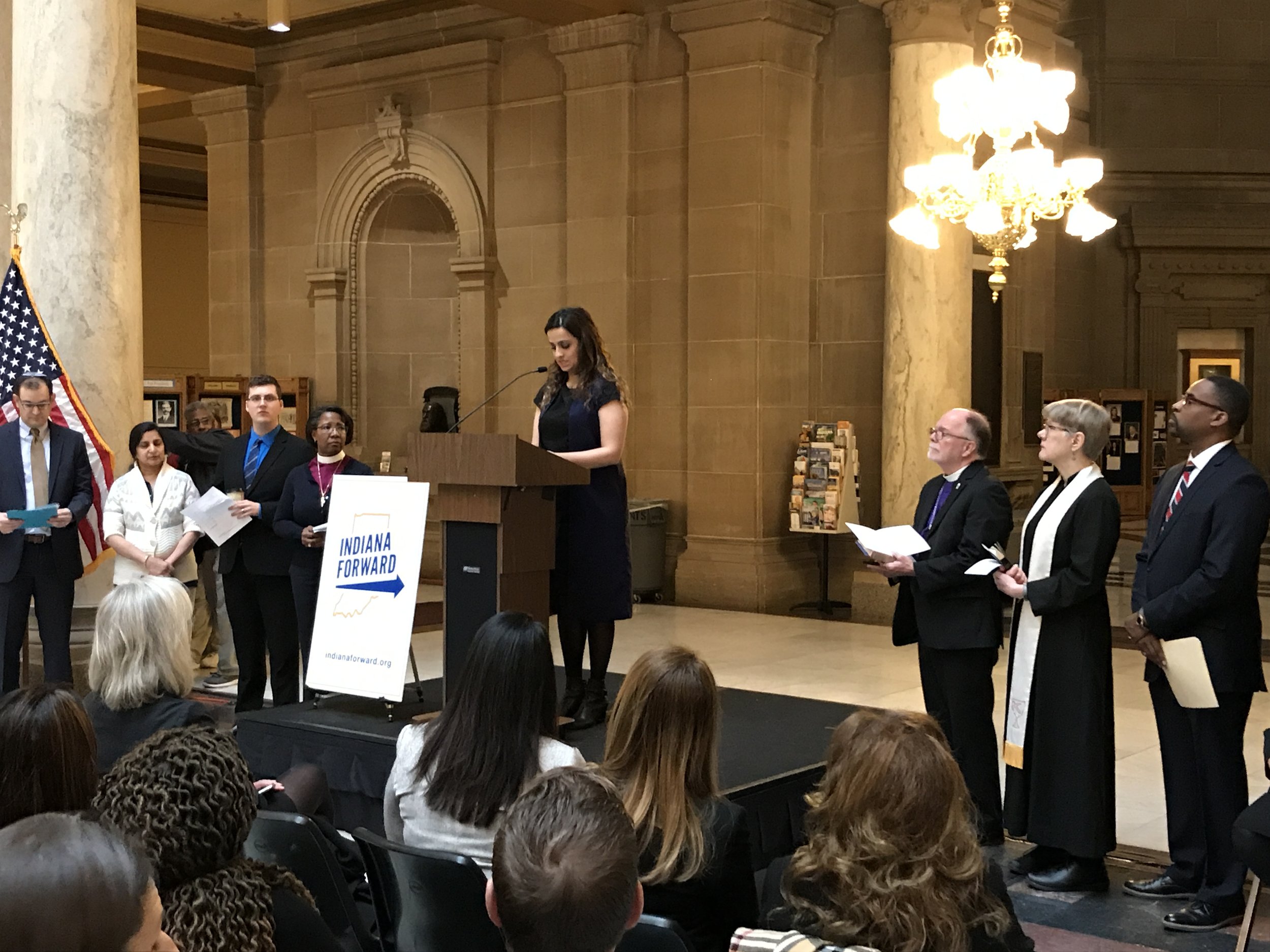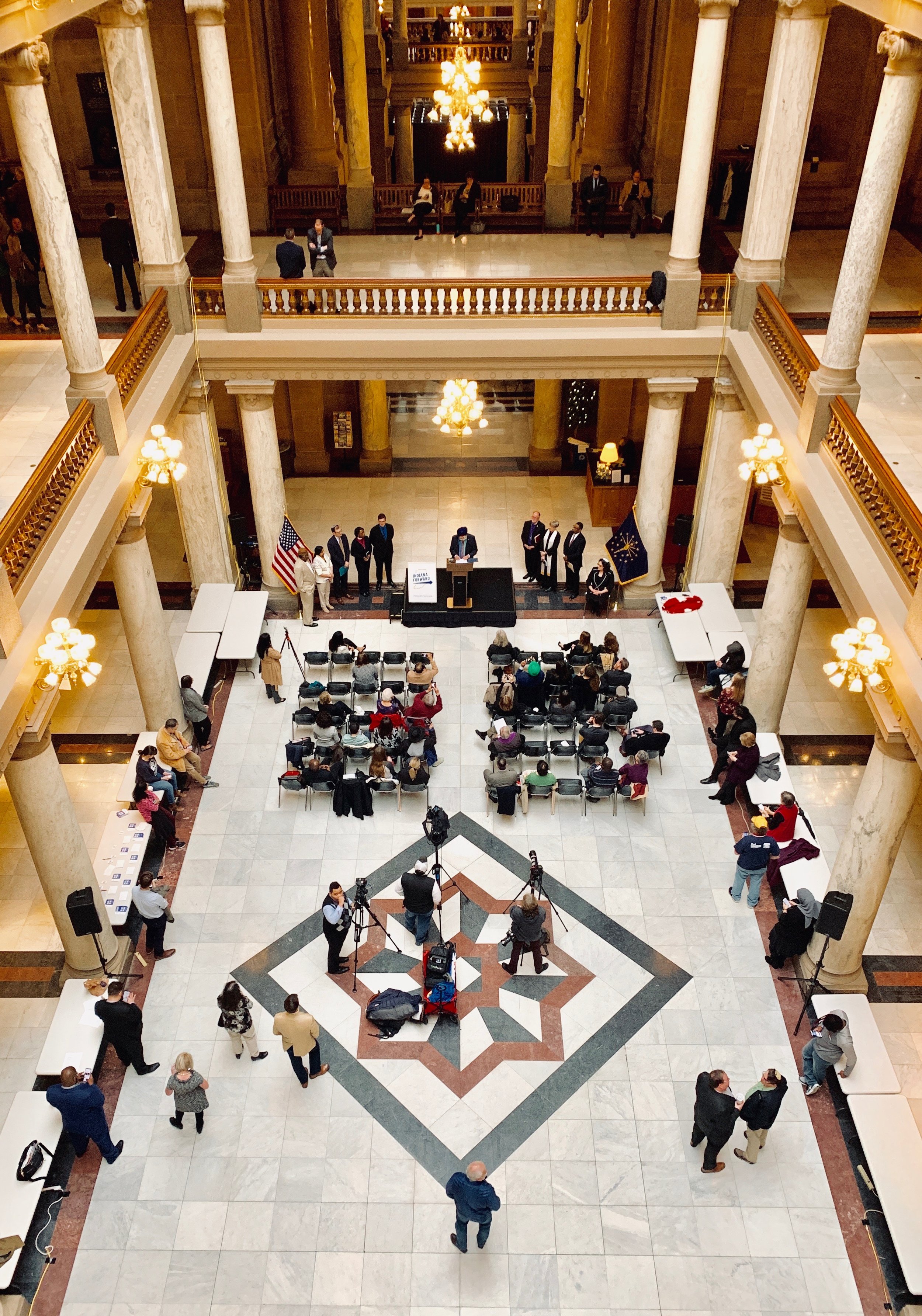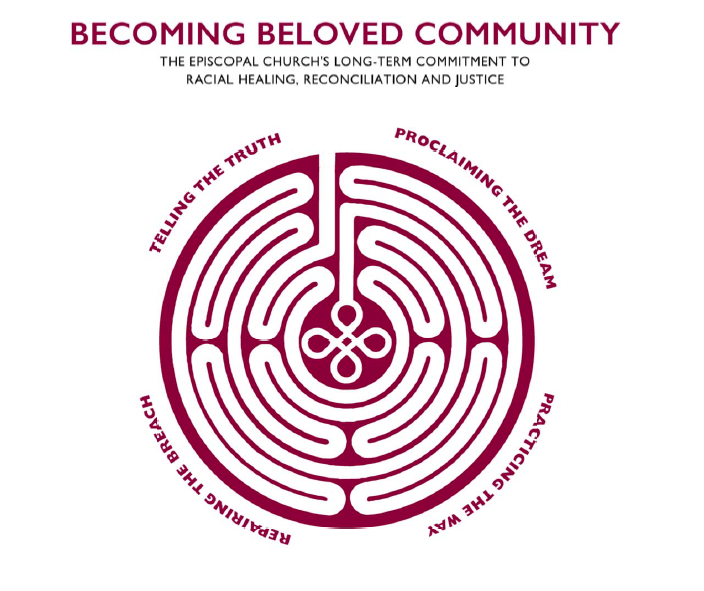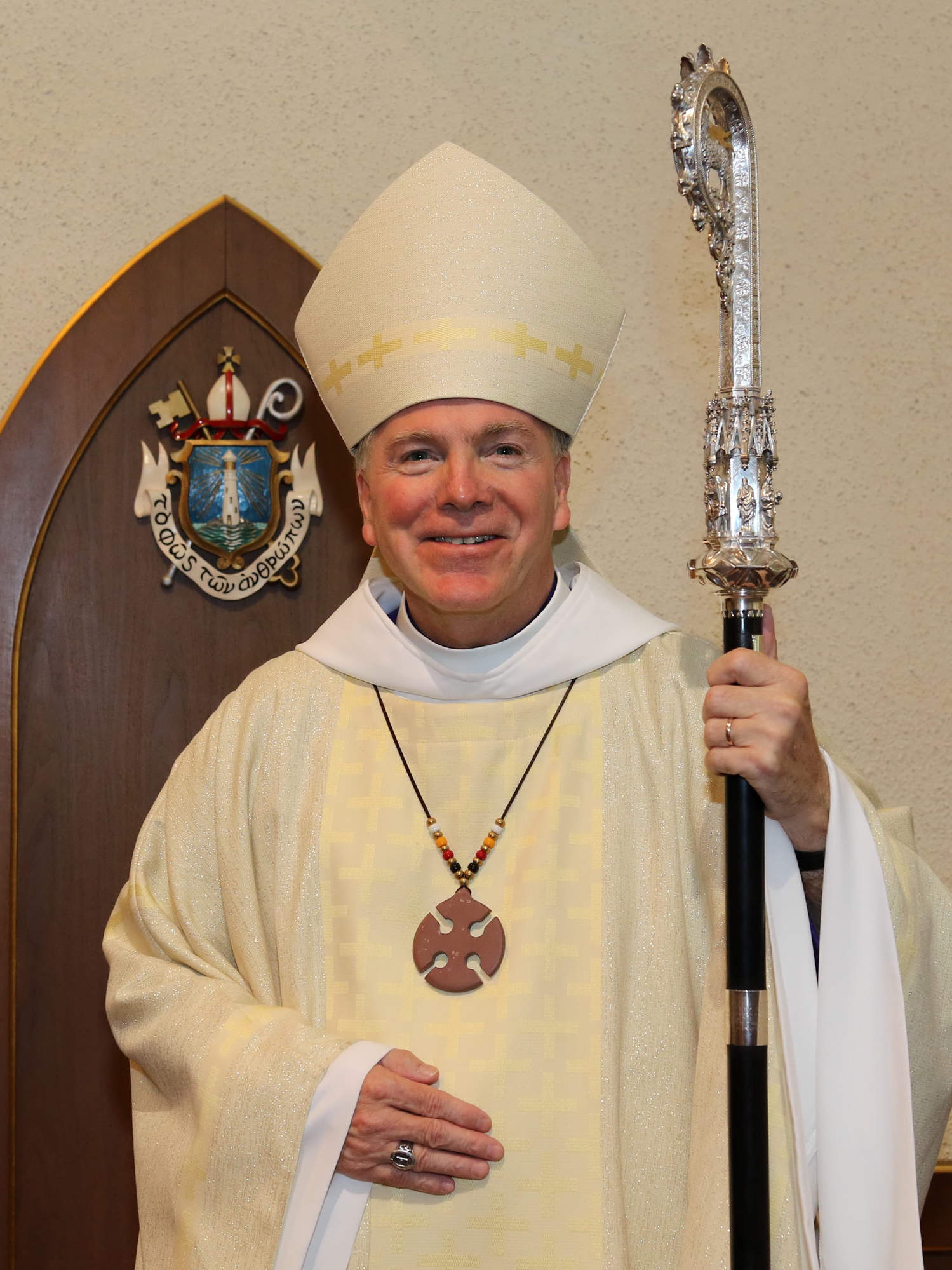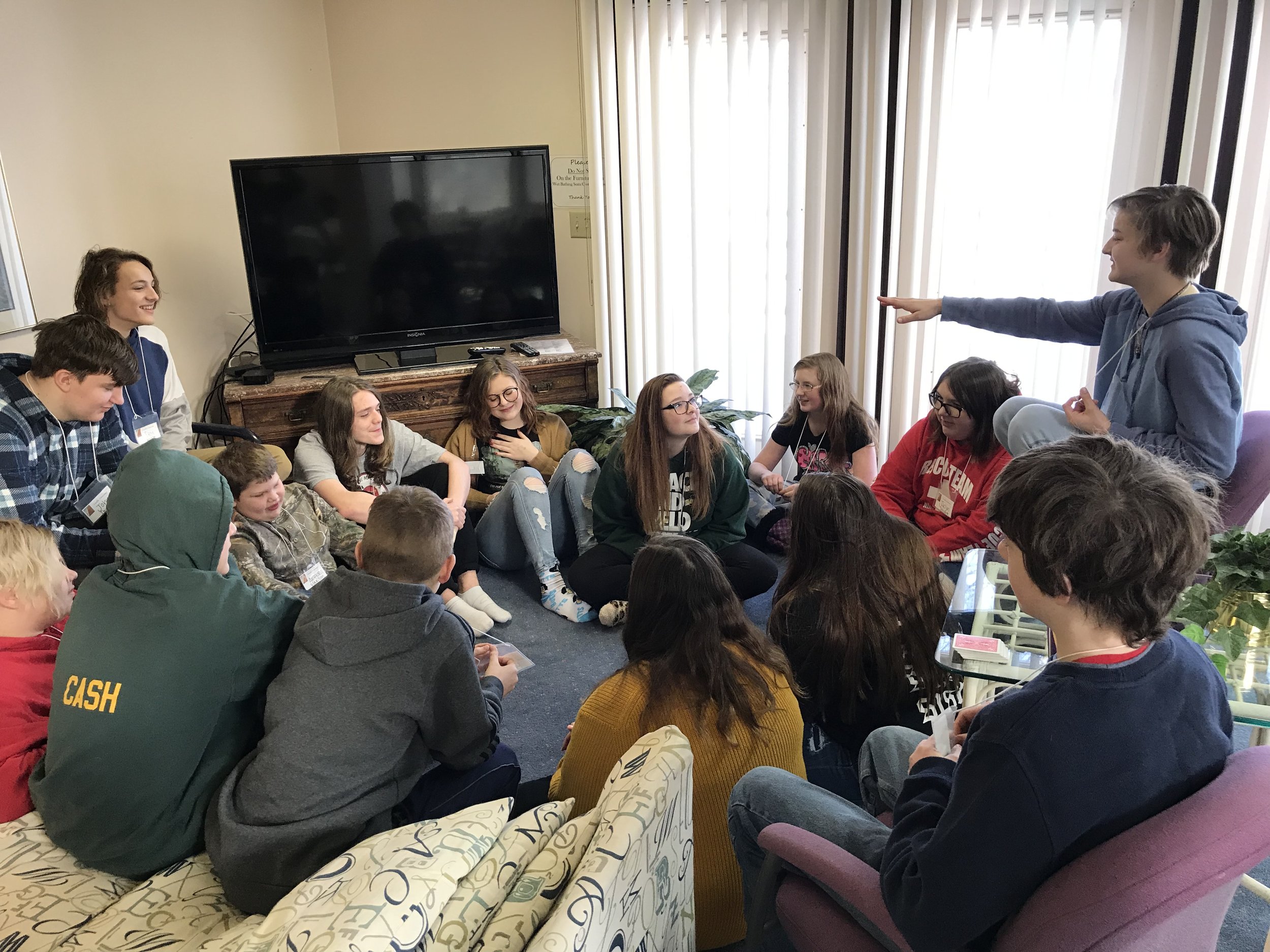Though we only met in person a couple of times, it’s hard to overstate the ways that Rachel’s online presence and advocacy influenced my life. When I was first starting as a writer, she shared and praised my writing. (And not just when I was first starting — just days before her death, she shared my most recent piece on Twitter, too). Through her, I met the other writers who have become my closest friends. The work she did with her Week of Mutuality blog series back in 2012 helped me put words to my changing theological convictions about the role of women in the church and the home. In fact, her boldness in fighting for women played a role in helping me become open to a possible call to ordination for myself.
Losing Rachel feels impossible. There were conversations we were still in the middle of. There were things we were building together that it’s impossible to imagine without her. I still have trouble believing that it’s true that she’s not here.
In the wake of this loss, I pray that many more will rise up with the boldness, the vulnerability, the humility, and the lavish generosity that Rachel always practiced. Because of her, I became —and want to become — more willing to enter the fray, to fight on behalf of those whose voices are being silenced, and to proclaim that the church is a place for everyone.
Reflection from the Rev. Dr. James Warnock, Rector, Gethsemane (Marion)
The death of Rachel Held Evans came as a shock to me and I think to everyone at Gethsemane. I met her briefly when she spoke here several years ago, following an appearance at Taylor University. I remember the crowd of young people she attracted, her gracious attitude, her warmth when I talked with her on the phone before she came.
Then I saw how broad and deep the response to her death was. It was immediate on social media. The news was posted to our church Facebook page. A friend texted me. My Twitter feed lit up. There were people who knew Rachel, who talked about how warm, supportive and encouraging she always was. There were people who met her at speaking events, posting selfies taken with her, how they were inspired, their faith saved by her talks. Some people had read her books, followed her blog. The names of those influenced kept coming, many from my own parish.
Not many of us are called to be prophets, but I think Rachel Held Evans was. The evidence is all over cyberspace and in the words she left behind. She was one who stood up for those who had no voice, in the finest of biblical traditions. She defended the defenseless, often women, racial and sexual minorities, those lost particularly in the Evangelical world. She was one who never bent her knee to the modern-day Baal, the remorseless search for power that will bend any biblical command for political gain. She exemplified the way to follow Jesus with love and grace in a very difficult time and at some personal cost.
Untimely death is the hardest to handle. We are left shocked, devastated, imagining what could have been, trying to understand why God would allow such a person to be taken so young. It makes me think of Psalm 22 which contains the words Jesus spoke on the cross, “My God, My God, why have you forsaken me?” We too are left desolate. The Psalmist understood that feeling of despair, of being left alone by God.
It takes time to go through the pain of death. The Psalmist knew this, and he worked through it until at the end of his writing, he yet turns to the Lord, the one who “does not despise nor abhor the poor in their poverty; neither does he hide his face from them.” It’s all the Psalmist had, in his despair, and it’s what we have in ours. Ultimately, it was enough as he writes, “My soul shall live for him; my descendants shall serve him; they shall be known as the Lord’s forever. They shall come and make known to a people yet unborn the saving deeds that he has done.”
That is a legacy for Rachel Held Evans: to keep on with her work; to love God; love our neighbors; strive for justice and peace among all people, respect the dignity of every human being; to bring about a new and better world for those yet unborn.
Rest eternal grant to her, O Lord; and let light perpetual shine upon her. May her soul, and the souls of all the departed, through the mercy of God, rest in peace.
Reflection from Sheila Davis, St. Michael and All Angles (South Bend)
Dear Rachel,
Daniel was signaling to change lanes so he could turn left into Best Buy’s parking lot when I read the first Facebook post announcing your death. I gasped.
“Honey, she died,” I whispered.
“Who?”
“Rachel. The writer I told you about I got to meet at Hope.”
“I’m so sorry, Sheila.”
Me too. Me. Too.
A friend introduced me to your work three years ago. She came to visit on a beautiful summer afternoon when my oldest child was nine months old and I was three months pregnant with my youngest. Andrea probably doesn’t know just how significant her visit was. I don’t think I had told her that I had been experiencing postpartum depression, nor had I disclosed to her its severity. “I have a book I think you’d like,” she said. My curiosity was piqued.
“Oh, yeah? What’s it about?”
“It’s about this woman who starts to question her faith and doesn’t feel like she fits anymore. She said something about doubting if paving the church parking lot really was God’s will and it made me think of you.” I chuckled.
“It sounds like me.”
“Yeah, I thought you might like it.”
Oh, Rachel. The words, “I liked it,” while true, are not the half of it. Through Searching for Sunday my own direct experience of the damage legalism does to a person, even to a people, was named and validated. You say of your experience on page 64:
I have friends who struggled for years to disentangle themselves from abusive, authoritarian churches where they were publicly shamed for asking questions and thinking for themselves. I know of others who were kicked out for getting divorced or being gay. Those are important stories to tell, but they are not mine. I have no serious injuries to report, no deep scars to reveal. I left a church of kind, generous people because I couldn’t pretend to believe things I didn’t believe anymore…
Unlike you I am one of the ones who was kicked out, but that’s a different story for a different day. Like you I just couldn’t participate in the vast incongruities between doctrine and practice anymore. I am a self-proclaimed chronic doubter. I delve deeply into scripture for the express purpose of seeking answers, but when I resurface and look around me at the world I’m living in, I have more and different questions than the ones I started with. I can’t help this about myself. I’ve tried to just believe. To just take the priest’s word for it. To just take the Creed’s word for it. To just take the catechism’s word for it. I mean, look at everyone else who’s doing it! They look happy enough. At least, they don’t look confused. Yet the questions still come and I’m left with the bible wide open in my lap and a shadow across my brow.
I haven’t known too many people like us in the pews on Sunday morning who bring our intellect, imagination and emotions to the alter to be transformed like the bread and wine. Perhaps I haven’t looked far and wide enough. Still, this pilgrimage home to the Source of All Being is a lonely one for me at times. But through your words I have felt less alone. You said of finally finding the church you were seeking in the community of your readers, “I wasn’t the only one who felt lonely on Sunday mornings.” (62) Thank you for having the courage to write your story. It helped me feel less lonely, too.
Oh, how I miss you, Rachel. May you rest in peace and rise in glory, Dear One.
Reflection from Brenda Rigdon, Senior Warden, St. Anne’s (Warsaw)
I first heard of Rachel Held Evans when a book club I belong to chose her book, A Year of Biblical Womanhood: How a Liberated Woman Found Herself Sitting on Her Roof, Covering Her Head, and Calling Her Husband 'Master' way back in 2012.
I belong to two different book clubs and they could not possibly be more different. In fact, I started the second one recently as a response to the first club and the evangelical viewpoint of several of the more vocal women in it. (as a side note, I named the second group the She Persisted Book Club and only invited the more progressive women in my circle of influence to join it!)
I was dreading reading this book, based on the title. I had not heard of Rachel Held Evans before and since it was enthusiastically received as a choice by the evangelical members of the Club, I was expecting the worst.
But, as in many areas of life, I was pleasantly surprised. There are some truly absurd passages that made me laugh myself silly--and they got me through the book. I was impressed by the humor and the thoughtfulness she exhibited as she wrestled with how we read and interpret the Bible. And I was disturbed by the reaction of the evangelical women in the club to the same book! They were appalled and dismayed and thought that Rachel was mocking the Good Book. They did not see her struggles with issues like charity and keeping silent and justice as genuine responses. It was tough for me to stay civil during the discussions.
So I started following Rachel on social media platforms, and reading her subsequent books. And, I must say, I was filled with joy but not totally surprised when she left her evangelical church and became an Episcopalian. All through her writing you can see that she was struggling to reconcile what she was hearing from her church and what she was reading in her Bible. Most especially with regard to marginalized groups of people.
But the greatest gift she gave me, as a Christian, was the grace she showed to those people who mocked her, derided her, and attacked her after she switched churches and began to make the case for inclusion. It is a special kind of person who can truly turn the other cheek and bless those who publicly castigate, regardless of the medium--but most especially those who hide behind the anonymity of social media.
I will miss her.
We give thanks for the life and ministry of Rachel Held Evans and continue to pray for her husband, Dan, and their very young children.
Eternal rest grant to her, O Lord; and let light perpetual shine upon her. May her soul, and all the souls of all the faithful departed, through the mercy of God, rest in peace.
